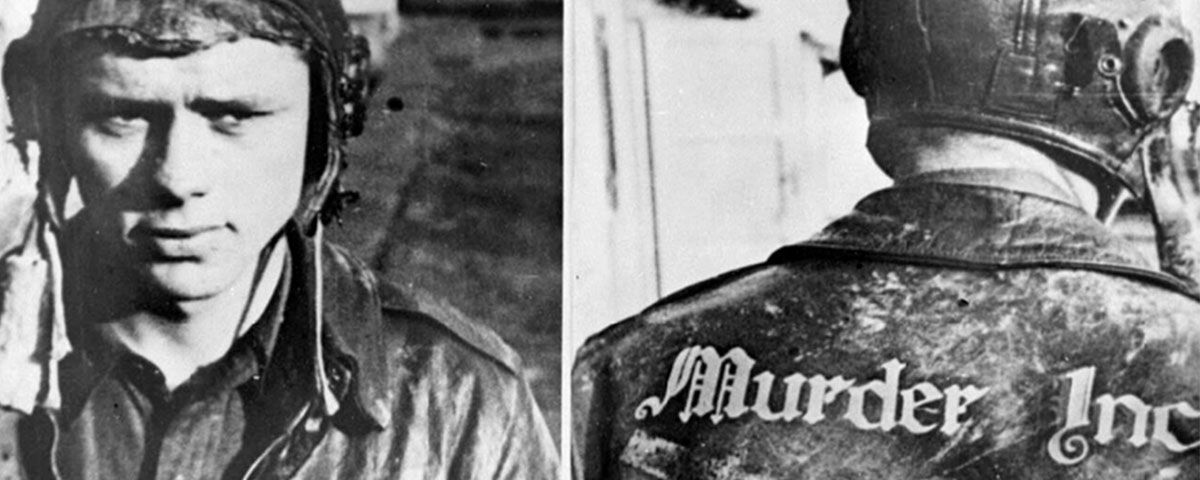

The Army has activated about 800 D.C. National Guard soldiers to support law enforcement across the nation’s capital, where President Donald Trump has declared a public safety emergency despite the city’s mayor saying crime there is on the decline.
A defense official told Military Times on Monday that troops should arrive by midweek, with “mission planning ongoing.”
Between 100-200 soldiers at any given time will be supporting law enforcement with administrative tasks, logistics and physical presence, according to the Army.
“They will be strong, they will be tough and they will stand with their law enforcement partners,” Defense Secretary Pete Hegseth said at the White House on Monday.
Hegseth added that the Department of Defense was prepared to bring in other National Guard units, but Army and National Guard officials told Military Times that they were unaware of which units he was referencing.
Trump said that “caravans of mass youth rampage through city streets at all times of the day,” with neighborhoods under emergency curfews.
However, Washington Mayor Muriel Bowser said in a press conference Monday afternoon that violent crime has decreased in the city since a rise two years ago.
“We’re at a 30-year violent-crime low. We’re not satisfied. We haven’t taken our foot off the gas and we continue to look for ways to make our city safer,” she said.
Former military officers have suggested that Trump is deploying the Guard to “distract” from a series of domestic challenges surrounding the president, ranging from his association with deceased sex offender Jeffrey Epstein to his decision to fire the head of the Bureau of Labor Statistics after repeatedly claiming the lower-than-expected August job report was “rigged.”
Retired Maj. Gen. Randy Manner, who served as vice chief of the National Guard Bureau, told Military Times the crime situation in Washington falls far short of “any emergency criteria that has ever been used” to deploy the Guard during or after his 35-year career.
“The president is creating a diversion of a make believe, fake situation,” he said. “This is not a real emergency.”
The decision to activate the Guard in the nation’s capital is not unprecedented, but the move is typically centered around supporting law enforcement during major events such as inaugurations, parades or political gatherings like the NATO summit in Washington last year.
When troops are activated to respond to civil disturbances, there is typically a concern that local or state police are being overwhelmed, or might be overwhelmed, by protesters or rioters.
The last time the National Guard was activated to respond to a civil disturbance in Washington was on Jan. 6, 2021, when rioters who were protesting the 2020 election results broke into the U.S. Capitol, beat police officers, destroyed government property and threatened elected officials.
In 2022, a House committee investigating the insurrection found that the deployment of the Guard was delayed due to conflicting messages from leadership.
In a more than 800-page report, the committee concluded that “President Trump had authority and responsibility to direct deployment of the National Guard in the District of Columbia, but never gave any order to deploy the National Guard on January 6.”
“That was real,” Manner said. “This is absurd.”
Manner, who now is part of a group called National Security Leaders for America, expressed his disappointment that Guard “soldiers are being pulled out of their civilian jobs, away from their families, to be literally, absolutely, political props.”
The Army did not provide cost estimates for the deployment, which former military officials predict will come with a price tag of millions of dollars likely pulled from the National Guard’s operating budget.
Former Guard officials warn the deployment could take money away from drills and individual training, negatively impacting readiness.
The president paired the deployment of Guard troops with the announcement Monday that he was placing the D.C. police under direct federal control, a move that takes law enforcement decisions away from city leadership.
Under the city’s Home Rule Act, the president can take over local police for a period of up to 30 days by declaring an emergency.
Without Congress passing a law to permit a longer period of federal control, local law enforcement officers will revert to city control after that time.










-3.png)



